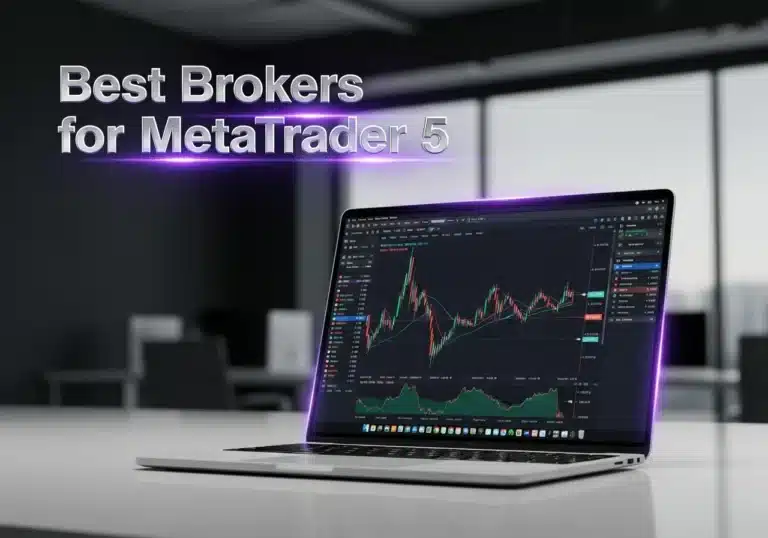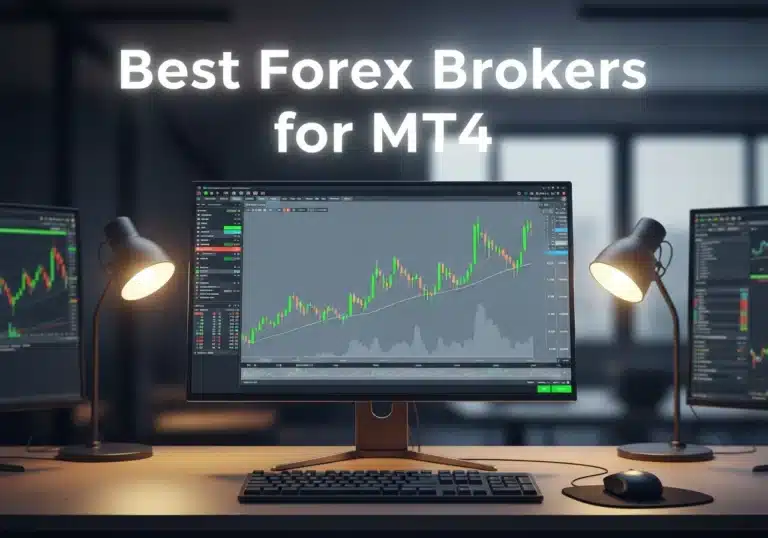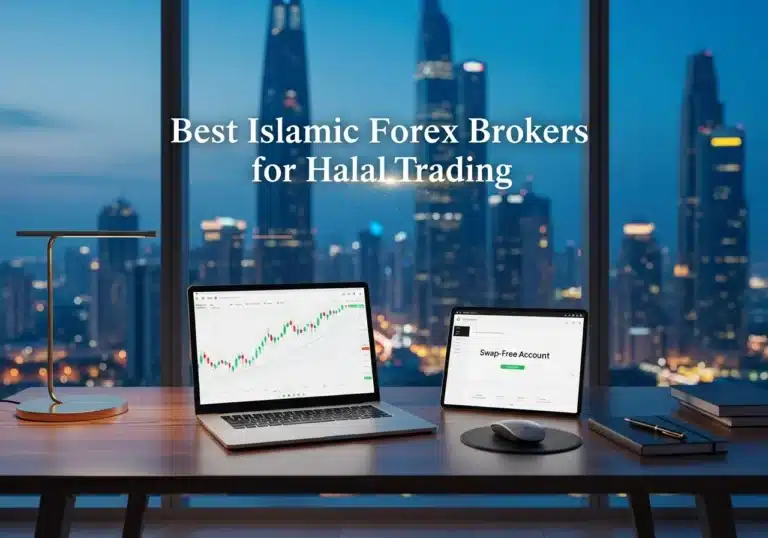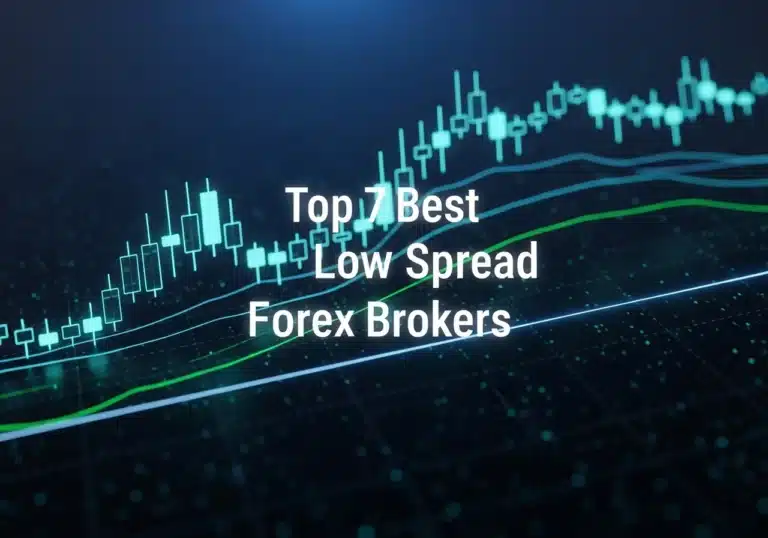Trading the EUR/USD pair is like navigating a stormy sea—it can be thrilling and rewarding, but also treacherous if you don’t know what you’re doing. Are you unknowingly steering your ship toward disaster? In the world of Forex, even small mistakes can lead to significant losses, turning a potentially profitable venture into a financial nightmare. That’s why working with a regulated forex broker is essential to ensure a safer and more reliable trading experience.
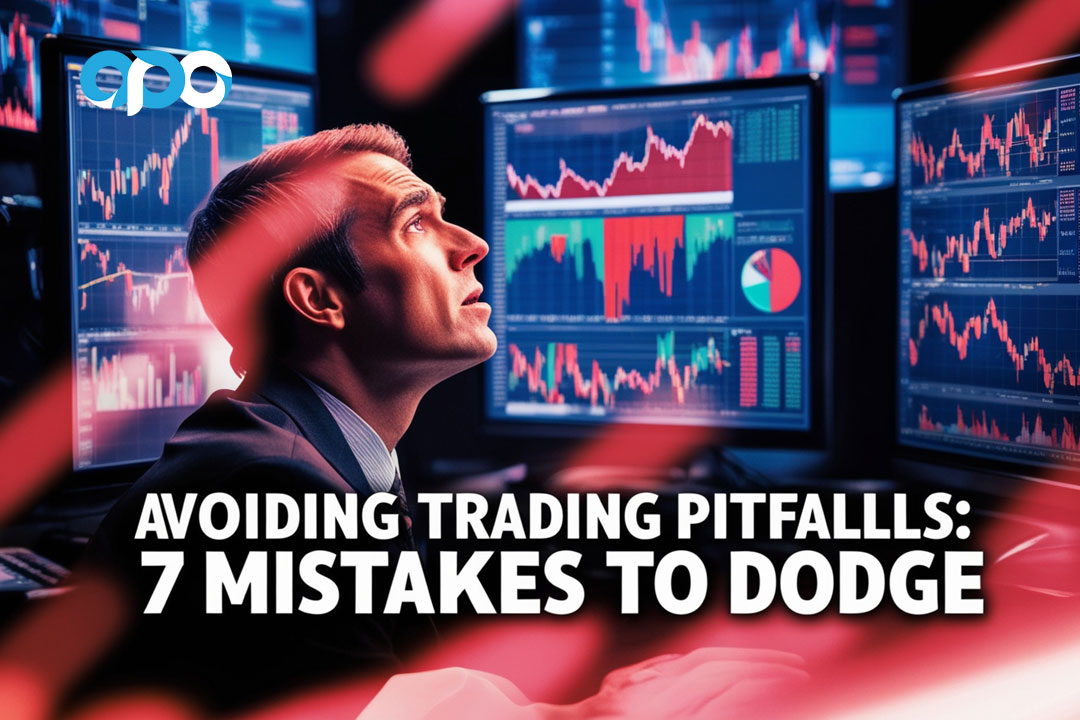
Whether you’re a seasoned trader or just starting out, the EUR/USD is one of the most popular and widely traded currency pairs in the world. However, popularity doesn’t mean easy money. Could you be making one of the 7 common mistakes that could lead to your downfall? Let’s dive in and explore these pitfalls, so you can avoid them and keep your trading account afloat.
1. Ignoring Market News: Are You Trading Blind?
Imagine sailing without a map—how would you know where to go? Ignoring market news while trading the EUR/USD is like trading blind. Global events, economic reports, and political changes can all have a significant impact on currency prices. Yet, many traders make the mistake of dismissing these factors, focusing solely on technical analysis.

Consider this: in 2015, the unexpected announcement by the Swiss National Bank to abandon the Swiss Franc’s peg to the Euro sent shockwaves through the Forex market. Traders who weren’t paying attention to the news were caught off guard, leading to massive losses.
What can you do? Stay informed. Regularly check economic calendars, news sites, and financial updates. Knowing what’s happening in the world can give you a crucial edge and help you avoid costly mistakes.
Read More: 5 EURUSD Trading Opportunities
2. Overleveraging: Are You Betting More Than You Can Afford?
Leverage can be a double-edged sword. On one hand, it allows you to control a larger position with a smaller amount of capital. On the other hand, it can amplify your losses just as quickly as it can magnify your gains.
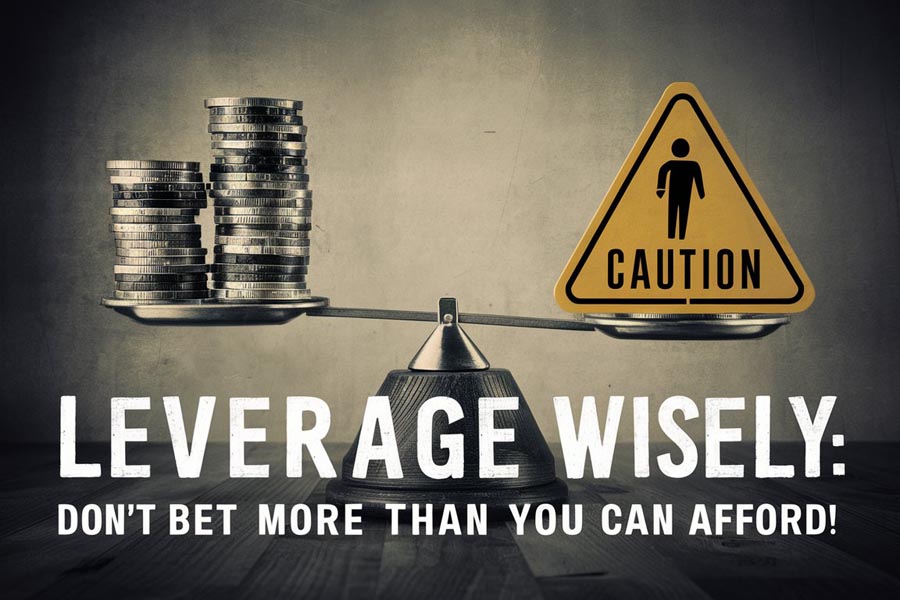
Take the story of John, a trader who was confident in his EUR/USD position. He used 100:1 leverage, thinking it would boost his profits. Unfortunately, the market moved against him, and within hours, he lost more than he had invested. John’s mistake? He underestimated the risks of overleveraging.
What can you do? Use leverage cautiously. Assess your risk tolerance and ensure you’re not risking more than you can afford to lose. It’s better to make smaller, consistent gains than to wipe out your account with one bad trade.
3. Lack of a Trading Plan: Are You Winging It?
Would you start a business without a plan? Then why would you trade without one? A trading plan is your roadmap to success—it outlines your goals, strategies, risk management rules, and more. Yet, many traders dive into the market without a clear plan, hoping to figure it out as they go.
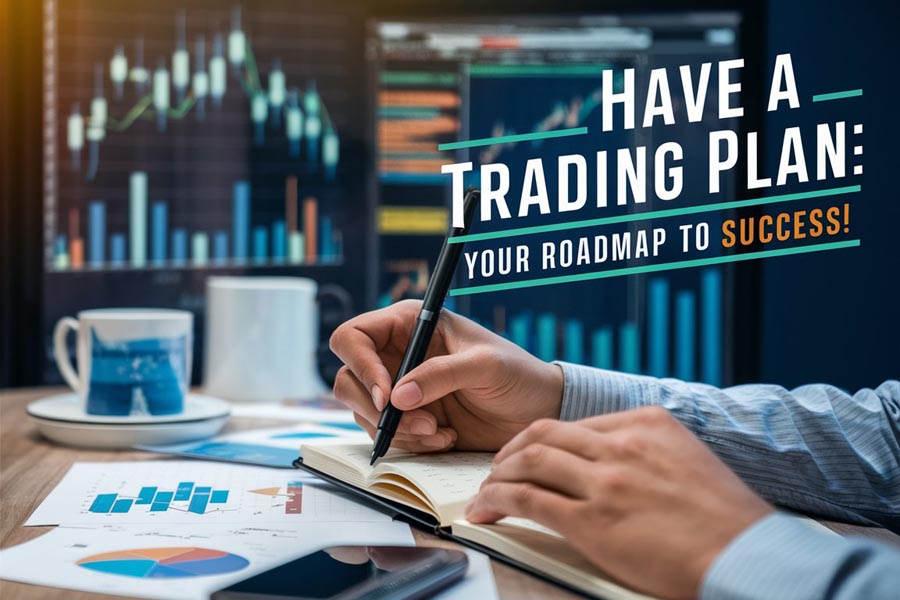
Sarah, a novice trader, started trading the EUR/USD pair without a plan. She made impulsive decisions based on emotions, chasing after the market instead of sticking to a strategy. Predictably, her trading account dwindled, and she was left wondering what went wrong.
What can you do? Create a solid trading plan and stick to it. Define your entry and exit points, risk management strategies, and daily trading goals. A plan keeps you disciplined and focused, reducing the likelihood of costly mistakes.
4. Ignoring Risk Management: Are You Playing with Fire?
Imagine building a house without a fire extinguisher. Risk management is your fire extinguisher in trading—it’s there to protect you when things go wrong. However, many traders overlook risk management, focusing only on potential profits.
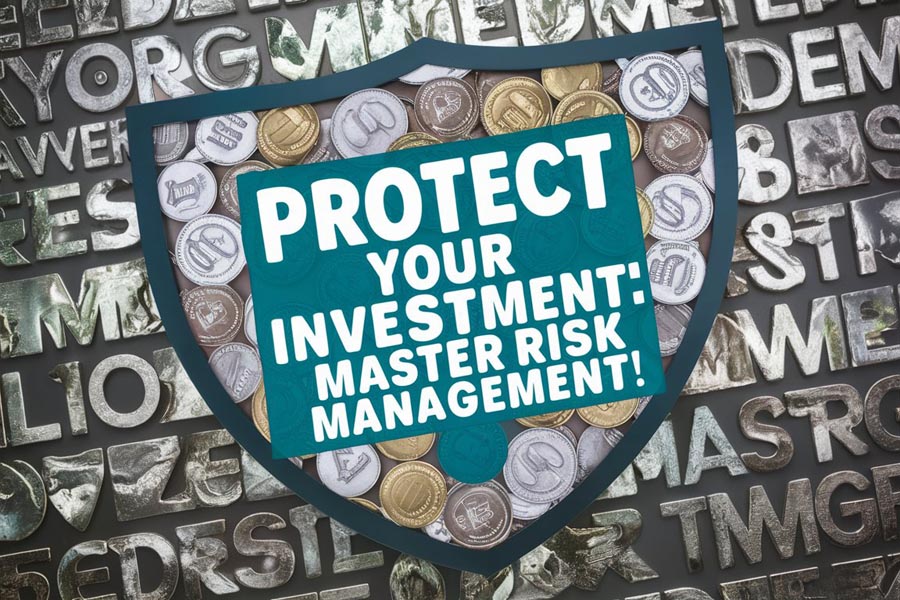
Consider Mark, a trader who ignored risk management rules. He placed a large trade without a stop-loss, confident that the market would move in his favor. Unfortunately, it didn’t, and he ended up losing a significant portion of his trading account.
What can you do? Implement strict risk management practices. Always use stop-loss orders, never risk more than 1-2% of your trading account on a single trade, and diversify your portfolio. These simple steps can protect you from significant losses and keep you in the game longer.
5. Emotional Trading: Are Your Feelings Driving Your Decisions?
Trading is a psychological battle as much as it is a financial one. Fear, greed, and overconfidence can all cloud your judgment, leading to impulsive decisions that hurt your trading performance.

Lisa, an experienced trader, let her emotions get the best of her when she saw a sharp drop in the EUR/USD pair. Instead of sticking to her trading plan, she panicked and closed her position at a loss. Hours later, the market recovered, and she missed out on the profits she could have made.
What can you do? Develop emotional discipline. Stick to your trading plan, even when emotions run high. Take breaks when needed, and never trade based on fear or greed. Remember, the market is unpredictable, and emotional decisions rarely lead to positive outcomes.
Read More: Best Trading Strategy for EURUSD
6. Overtrading: Are You Trading Too Much?
Overtrading is like overeating—it might feel good at the moment, but it’s not healthy in the long run. Some traders mistakenly believe that the more they trade, the more they’ll earn. In reality, overtrading can lead to burnout, poor decision-making, and increased transaction costs.

Tom, a day trader, made the mistake of overtrading the EUR/USD pair. He believed that every small movement was an opportunity to make money. However, the constant trading took a toll on his mental and financial health, and his trading account suffered as a result.
What can you do? Trade less, but trade smarter. Focus on quality over quantity. Set strict criteria for entering trades and stick to them. Overtrading can drain your account and your energy, so it’s important to trade only when the conditions are right.
7. Failure to Adapt: Are You Stuck in Your Ways?
The Forex market is dynamic, and what works today might not work tomorrow. Some traders make the mistake of sticking to the same strategy, even when the market conditions change.

Jake, a Forex trader, had a strategy that worked well in a trending market. However, when the EUR/USD pair entered a period of consolidation, his strategy no longer produced the same results. Instead of adapting, he continued using the same approach, leading to a series of losses.
What can you do? Be flexible and willing to adapt your strategy as the market evolves. Regularly review your performance and be open to making changes. The most successful traders are those who can adapt to new conditions and continuously improve their approach.
Read More: The GBPUSD Illusion of Easy Money
OpoFinance: Your Partner in Smarter Trading
Trading the EUR/USD pair can be challenging, but you don’t have to go it alone. OpoFinance, an ASIC-regulated broker, offers a powerful social trading platform that connects you with experienced traders. With OpoFinance, you can learn from the best, follow successful strategies, and even mirror the trades of top traders in real-time.

Why choose OpoFinance?
- Regulated and Secure: OpoFinance is regulated by ASIC, ensuring that your investments are safe and secure.
- Social Trading Platform: Learn from experienced traders and follow their strategies.
- User-Friendly Interface: The platform is designed for both beginners and experienced traders, making it easy to navigate and use.
- Educational Resources: Access a wealth of educational materials to improve your trading skills.
Whether you’re new to trading or looking to improve your performance, OpoFinance provides the tools and support you need to succeed in the Forex market.
Conclusion: Learn from Mistakes and Thrive
Trading the EUR/USD pair offers exciting opportunities, but it also comes with its fair share of risks. By avoiding these seven common mistakes, you can improve your trading performance and increase your chances of success.
Remember, the key to successful trading is discipline, knowledge, and the willingness to learn from your mistakes. With the right approach, you can navigate the challenges of the Forex market and achieve your financial goals.
How can I avoid emotional trading?
To avoid emotional trading, stick to a well-defined trading plan and set clear rules for entry and exit. Taking regular breaks and practicing mindfulness can also help you stay calm and focused during volatile market conditions.
What is the best way to stay updated on market news?
Staying updated on market news is crucial for successful trading. You can use economic calendars, subscribe to financial news websites, or set up alerts for important events. Platforms like OpoFinance also offer market analysis and updates to keep you informed.
How do I know if I’m overtrading?
You might be overtrading if you find yourself making frequent trades without a clear strategy, or if you’re experiencing burnout. To avoid overtrading, set specific criteria for entering trades and limit the number of trades you make each day.


